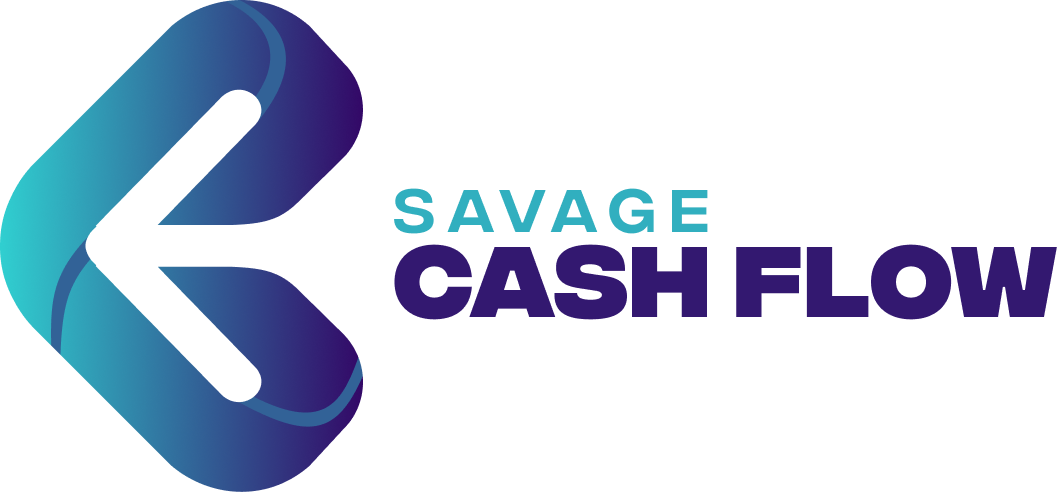
David Rocker: Insights from a Global Business Leader on Managing Distributed Teams

David Rocker is the Managing Partner at The Rocker Group, LLC, where he leverages extensive experience in strategic management consulting to drive business success across global markets.
With a profound understanding of corporate finance and a keen interest in innovative business practices, David has pioneered the integration of technology and flexible work models to enhance team productivity and cohesion in a distributed work environment.
How has the transition to managing distributed teams influenced your leadership style?
The transition to managing distributed teams has necessitated a more adaptive and empathetic leadership style. It’s essential to not only manage the diverse operational aspects of global teams but also to understand and address the varied human elements. This shift has made me more attuned to the needs of individuals across different cultures and time zones, emphasizing the importance of flexibility and open communication in my approach.
What strategies do you find most effective for maintaining productivity across different time zones?
One of the most effective strategies is embracing asynchronous communication and ensuring that all team members have access to the information they need to proceed with their tasks independently. We use a suite of digital tools to keep everyone connected and maintain clear documentation of processes and progress. Regular updates and check-ins also help keep everyone aligned, ensuring that productivity remains high regardless of time zone differences.
Can you discuss a particular challenge you’ve faced with remote work and how you addressed it?
A significant challenge was fostering team cohesion and a shared company culture in a remote environment. To address this, we implemented regular virtual team-building activities and informal meet-ups that helped bridge the gap between different locations. We also introduced ‘virtual coffee breaks’ where team members could connect on a personal level, discussing non-work-related topics. These initiatives have been crucial in building a sense of community and belonging among team members.
How do you ensure effective communication within distributed teams?
Effective communication in distributed teams is anchored on two fronts: the right tools and the right practices. We use communication platforms like Slack and Zoom to facilitate both synchronous and asynchronous communication. More importantly, we establish clear communication protocols that define when and how to use these tools. For instance, we have guidelines on response times, appropriate mediums for different types of messages, and mandatory weekly video calls to ensure face-to-face interaction.
What advice would you give to leaders who are new to managing distributed teams?
My advice would be to focus on building trust and transparency within the team. This can be achieved by being consistent in your communications and always being clear about your expectations. Also, invest in the right technology to support remote work effectively. Finally, be patient and give yourself time to adapt to this new way of working. It requires a different set of skills and a flexible approach to leadership.
Looking forward, how do you see the future of remote work evolving in the consulting industry?
The future of remote work in the consulting industry looks increasingly integrated with digital transformation. As we move forward, I believe remote work will not just be about working from different locations but also about how we can enhance these experiences through technology. Artificial intelligence, machine learning, and advanced data analytics will play significant roles in shaping remote consulting practices, making them more efficient and impactful. The consulting industry will likely see a more pronounced shift towards results-oriented practices, where the focus will be on deliverables rather than traditional working hours.
David Rocker‘s leadership and strategic insights reflect a deep understanding of the dynamics of modern business environments, highlighting the importance of adaptability and forward-thinking in the realm of global consultancy.
Read more:
David Rocker: Insights from a Global Business Leader on Managing Distributed Teams
